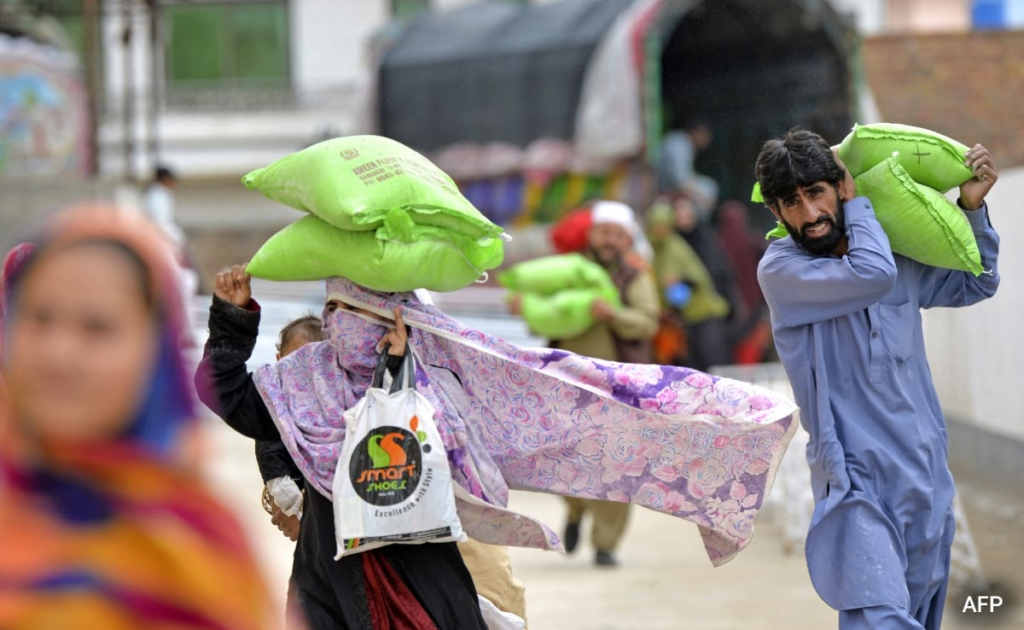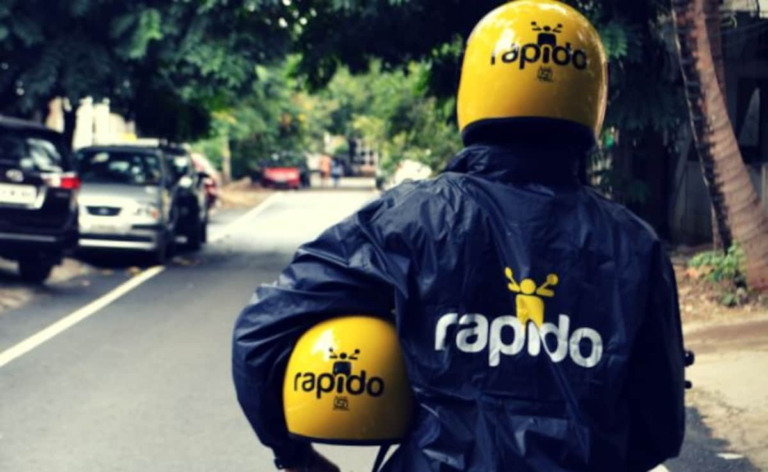

Karachi has witnessed a surge of Rs 200 in the price of a 20kg bag of flour. (Representational)
Karachi:
As the flour prices in Pakistan’s Karachi scaled a new peak of Rs 3200 per 20 kilogram – meaning 1 kg flour costing Rs 320 – the people in the region are perhaps purchasing the ‘most expensive’ flour in the world, ARY news reported citing Pakistan Bureau of Statistics (PBS).
The price of flour in Karachi is more than the price of the commodity in Islamabad and Punjab.
Karachi has witnessed a surge of Rs 200 in the price of a 20kg bag of flour, increasing the rates to Rs 3,200. Meanwhile, in Hyderabad, the 20kg bag was available at Rs 3,040 after an increase of Rs 140, ARY news reported.
In Islamabad, Rawalpindi, Sialkot, and Khuzdar, the prices of a 20kg bag increased by Rs 106, Rs 133, Rs 200, and Rs 300 respectively.
Moreover, the price of a 20 kg bag of flour in Bahawalpur, Multan, Sukkur, and Quetta increased by Rs 146, Rs 93, Rs 120, and Rs 100, respectively.
Earlier, it was reported that sugar prices also spiked to a record high of up to Rs 160 per kg in retail markets in different parts of Pakistan amid rising inflation
Citing PBS, ARY news further reported that the sugar prices at the retail level surged to Rs 150 in different parts of the country – such as Karachi, Islamabad, and Rawalpindi.
Meanwhile, the sweetener in Lahore and Quetta was available at Rs 145 per kilo and Rs 142 per kilo, respectively.
Notably, Pakistan’s Karachi was also ranked among the top five ‘least livable’ urban centers in the world by the Economist Intelligence Unit (EIU), Dawn reported.
On the EIU’s Global Livability Index 2023, Karachi is ranked 169th out of a total of 173 cities. Only Lagos, Algiers, Tripoli, and Damascus are ranked lower than Karachi.
The Economist Intelligence Unit is the research and analysis division of the Economist Group, providing forecasting and advisory services through research and analysis.
Scores are compiled and judged to evaluate the livability factor within the range of 1-100, where 1 is considered intolerable and 100 is considered ideal.
The city has an overall score of 42.5, which is lower than ideal. It performed most poorly on the stability indicator, with a score of 20, similar to 2022, implying that the situation has not changed much over the past year. It scored 50 on healthcare, 38.7 on culture and environment, 75 on education, and 51.8 on infrastructure.
(Except for the headline, this story has not been edited by NDTV staff and is published from a syndicated feed.)
This news is published through a syndicated feed courtesy NDTV.



